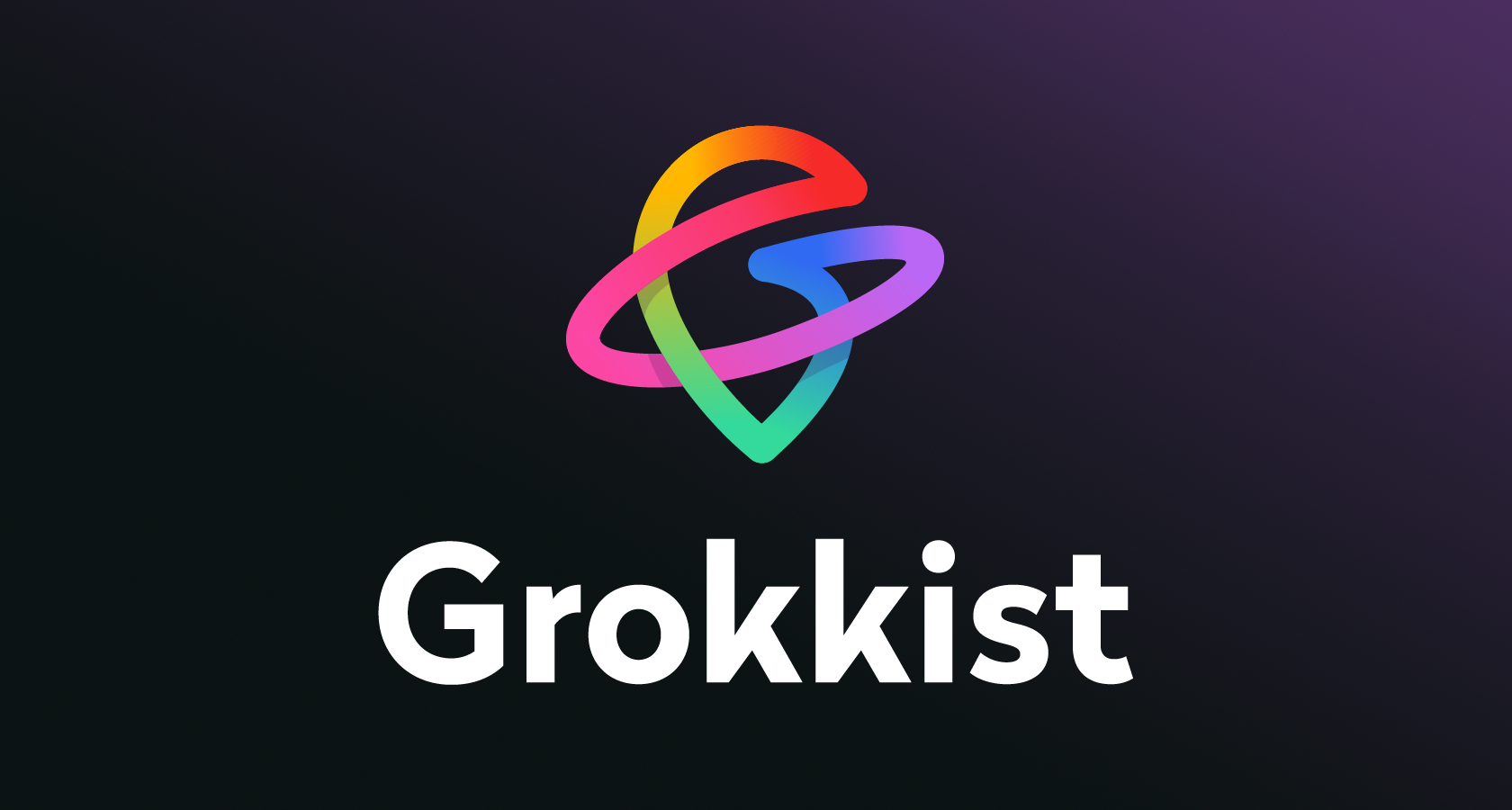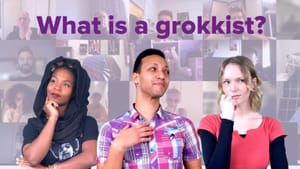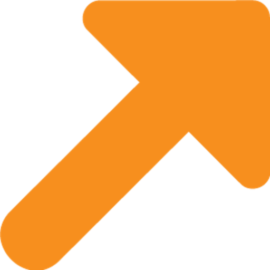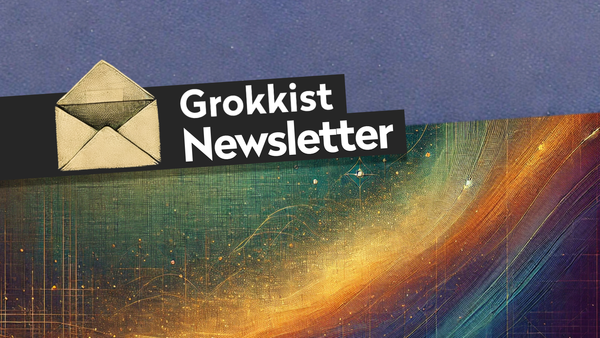In this edition:
✍🏼 School is a state of mind - by Danu Poyner
🎙 Still Curious Podcast - Cristina Huidiu, from hating math to being a data analyst
5️⃣ Links - Isabel Thompson's 5 links for grokking web3
🗯 Lessons Learned - Cristina Huidiu reviews The Big Book of Dashboards
🍬 Snackables - assorted awesome links
--
📩 Subscribe to get Scholé Supplement in your inbox each fortnight.
✍🏼 School is a state of mind
In Deschooling Society (written in 1971), author Ivan Illich claims that one of the main things we learn from school is to confuse process with substance, a condition he refers to as ‘the schooled mind’:
[Our] imagination is ‘schooled’ to accept service in place of value. Medical treatment is mistaken for health care, social work for the improvement of community life, police protection for safety, military poise for national security, the rat race for productive work. Health, learning, dignity, independence, and creative endeavor are defined as little more than the performance of the institutions which claim to serve these ends, and their improvement is made to depend on allocating more resources to the management of hospitals, schools, and other agencies in question.¹
In other words, with school we have made one of the characteristic mistakes of what we like to think of as our rational societies - the mistake of confusing means with ends. Indeed, Richard Livingstone once said that ours is a society of ‘means without ends; rich in means beyond any other epoch, and almost beyond human needs; squandering and misusing them because it has no overruling ideal’.²
Oof.
If we want to avoid letting school interfere with education – that is, if we want to avoid confusing how we do learning with what it's for – we will first need to deschool our minds. This is easier said than done.
Deschooling the mind begins, as so many worthwhile projects do, by asking good questions. Illich again:
The planning of new educational institutions ... must not start with the question ‘What should someone learn?’ but with the question, ‘What kinds of things and people might learners want to be in contact with in order to learn?’³
It’s a good question, wouldn’t you agree? Let’s go further and see if we can personalise it in a more concrete way...
💭 Imagine you could start over in your professional life right now and be recognised for any subject you’re passionate and knowledgeable about. Without needing to go to School – just based on learning that you’re willing to do on your own time, through your lived experience and through the various groups and communities you're part of and contribute to. If that all somehow counted, what would you be interested in and what would you need to grok it?⁴
Have a think. Your schooled mind will no doubt already be jumping out of its chair with objections about how this would even work. Tell it to go have a lie down and then, once it's safely out of earshot, give yourself permission to imagine again but like this:

Once you have your deschooled answer, write it down and keep it somewhere you can see it. And if you feel comfortable, hit reply and share it with me. If you're not ready to be that kind to yourself, imagine the answer for someone you love as if you could gift it to them.
If your imagination is a bit out of practice, maybe you'll need more time. That's fine – totally get it. Deschooling the mind takes time. Don't let it take a lifetime though, eh?
-Danu
¹ Ivan Illich, Deschooling Society, 1.
² Quoted in Barnes, Christensen, and Hansen, Teaching and the Case Method, 58.
³ Illich, 78.
⁴ You can listen to Mario Vasilescu of Readocracy pose a similiar question in this episode of the EdTech Insiders podcast (at 34:12)
🎙Still Curious Podcast
Featured Episode

When I first approached Cristina to do a podcast episode with me, she was concerned that she wouldn't be as cool or interesting as my other guests (her words). I begged to differ and so far my podcast analytics suggest that I am far from alone in finding Cris to be cool and interesting!
I love to hear people's joy and confidence come out when they get onto their areas of strength and interest. In the first 10 minutes of this episode you'll hear Cris explain the satisfying challenge of software integrations more clearly and compellingly than any training deck I can remember sitting through. And yet later she explains why at one time such a career path would have been unimaginable for her!
What I hope comes across in this conversation is that following your interests can take you to amazing places. Many of us are quick to reflexively rule out interests or pathways in life that seem intimidating or unobtainable. Sometimes we misidentify or downplay what our real strengths are and how surprisingly transferable they can be to other situations. Not every path in life is open to us or the right fit, but there's no harm in going down some of them a little way and deciding to turn back. And you never know what you'll find.
In this episode
‣ Journey from a humanities background in libraries to technical integrations specialist for a global corporate.
‣ Building a chatbot and losing everything in a server crash.
‣ Importance of communication and soft-skills when working on technical projects.
‣ A love of problem solving and an avoidance of boredom.
5️⃣ Links
Guests share their five favourite links for grokking That Thing that lights them up
5 Links for grokking web3
by Isabel Thompson
I'm an energetic product leader, committed to building a better future through technology and science. I've just joined Molecule.to as Head of Product: our goal is to reinvent the incentives around drug development, to bring more innovative therapeutics to market in a fairer way. Outside of work, I love to travel, cook, hike, and read stuff that challenges the status quo.
🔸 What gets me excited about web3
The current status quo of the internet is broken. It’s dominated by huge centralized platforms, making money through advertising and people’s personal data. By realigning incentives and using different technologies, web3 offers an alternative future. A future that is fairer, distributed, open, and interoperable. What could be more exciting than understanding and shaping a better world?
🔸 How I learned about web3
Passive absorption, followed by targeted research once I'd got hooked! One of the best ways to learn about web3 is to follow people on Twitter (start with @cdixon and @mishadaVinci) and then follow your interests. Whether you like education, science, art, gaming, law, governance, memes, music, sport, or finance, there's probably an intersection of web3 + your passion. Some of the most forward-thinking people in the world are challenging the fundamental assumptions of these spaces. I suspect the mental models will change how you view the world (they did for me).
What is web3? What's web1 or web2 for that matter? This is a short, fun intro to what web3 is and why it matters. (School of Block covers a lot of web3 fundamentals, so check out their other videos too.)
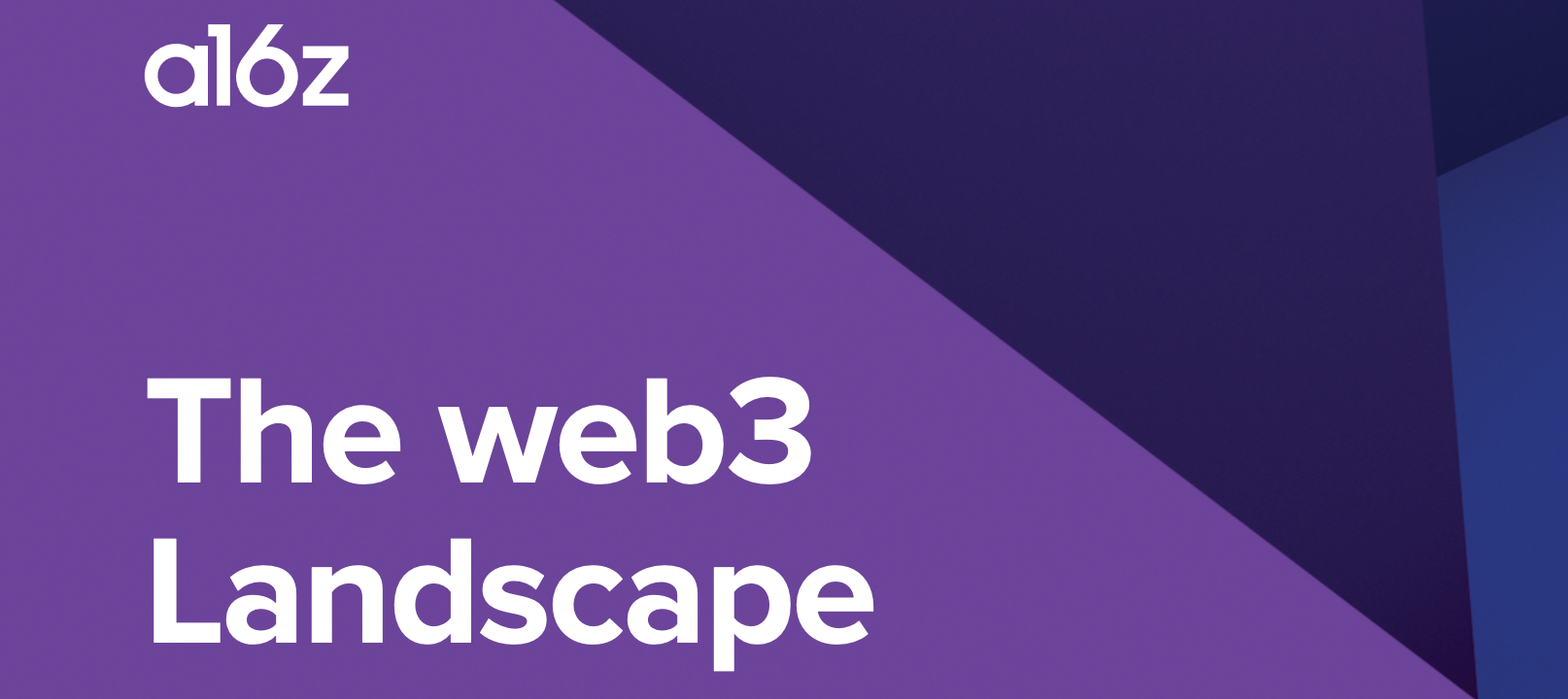
A concise overview of web3 and its key use cases from one of the big investors and thought leaders in the space.
I gathered the most POWERFUL resources for understanding web3.
— Misha (@MishadaVinci) January 14, 2022
Saved you 100+ hours of research.
These 20 completely FREE resources will get you up to speed, quickly:
🧵
A curated set of resources on web3 topics (Note: I really like the article "DAOs: Absorbing the internet". Have a look if you're interested in the future of work and organizing people).

Web3 has some terms that are new and can be alienating at first. Here's a good glossary of terms to speed up the familiarization.

Web3 could reshape education, by improving access, affordability, and accreditation. Check out the other posts on the blog too (https://ed3.mirror.xyz), if you're interested in the intersection of web3 + education.
🗯 Lessons Learned
Guests share honest reviews of learning experiences
The Big Book of Dashboards
Reviewed by Cristina Huidiu

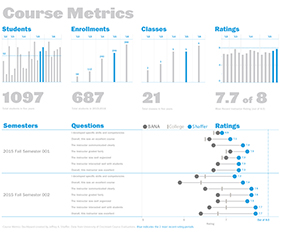
I found the book on Christmas suggestions list and as happens when you’re looking for presents for other people, I added this one to my list and Santa (my sister) was kind enough to send it over.
This book is not one to read and put back on the shelf but more like one to keep close for inspiration and ideas.
What I find fascinating about data viz is that it is inherently human. One needs to account for the audience, their needs, their level of understanding of the data, their motivations and even how they see or perceive colours. Failing to do so detracts from the value of our own analysis work on the number crunching side.
This book takes you through actual examples (good and bad) from a variety of scenarios across multiple industries. Counterintuitively, I loved the bad examples, maybe because of how they were marked:

If even cats get a panic attack when they see your viz, then something is truly wrong. In all seriousness, the bad examples weren’t necessarily bad, just not particularly good at conveying the value of the underlying data in that particular scenario.
Throughout the examples you’ll see time and time again: “How are people going to use this dashboard?”. While this question has long been associated with UX, I think it’s fantastic to have a book on data visualization with real-world examples that accounts for how data is consumed and by whom.
🔸 How is the learning structured and what should someone expect?
The book first introduces the reader to the fundamentals of data analytics and then the largest part of it has those real life examples we all look for when we’re stuck. The examples cover a large variety of scenarios I absolutely loved. As I went through them I discovered my own errors or scenarios I would have approached differently.
For example, I am really not a fan of dot plots and I definitely avoid them for the most part. It’s like I have my own scaredy-cat in my head and it activates with each dotted plot. But in the book's examples on sentiment analysis, I discovered the dot plots + histograms are really really cool!
Another fantastic help for this middle part is how the chapters are structured for each scenario:
- Big Picture, Specifics and Related Scenarios
- How people use the dashboard
- Why this works
- Author commentary
The third and last part of the book has tips on how to successfully present your dashboards in the real world.
🔸 What were my main takeaways?
Data viz is as much about business knowledge and people as it is about data. The same data can and should be visualized differently depending on your audience. One of the most valuable takeaways for me: choosing a simple visualizations isn’t about choosing the most basic line chart but about selecting the visualization option and the accompanying notes that will help the reader understand your data correctly in the shortest amount of time.
🔸 Is there something I'd change?
Make more of it :) For all of those who feel the same there is Chart Chat – all of the episodes are on Youtube too. Personally I love the format of it because they openly discuss different options and scenarios and they have fantastic guests as well.
🔸 Who would I recommend it to and why?
Anyone primarily involved in creating data viz. I wouldn’t say it’s the best first introduction for a newbie because there’s a lot to take in. But it really is a book to keep close for inspiration. My copy spends a lot of time on my desk.
🍬 Snackables
Assorted awesome links
Anyone who deals with clients or works on projects will be able to relate to this. How many people in this room have you met or have you been?
Careers video for Industrial Light & Magic which celebrates the importance of curious generalists who possess a high degree of proficiency across multiple disciplines.
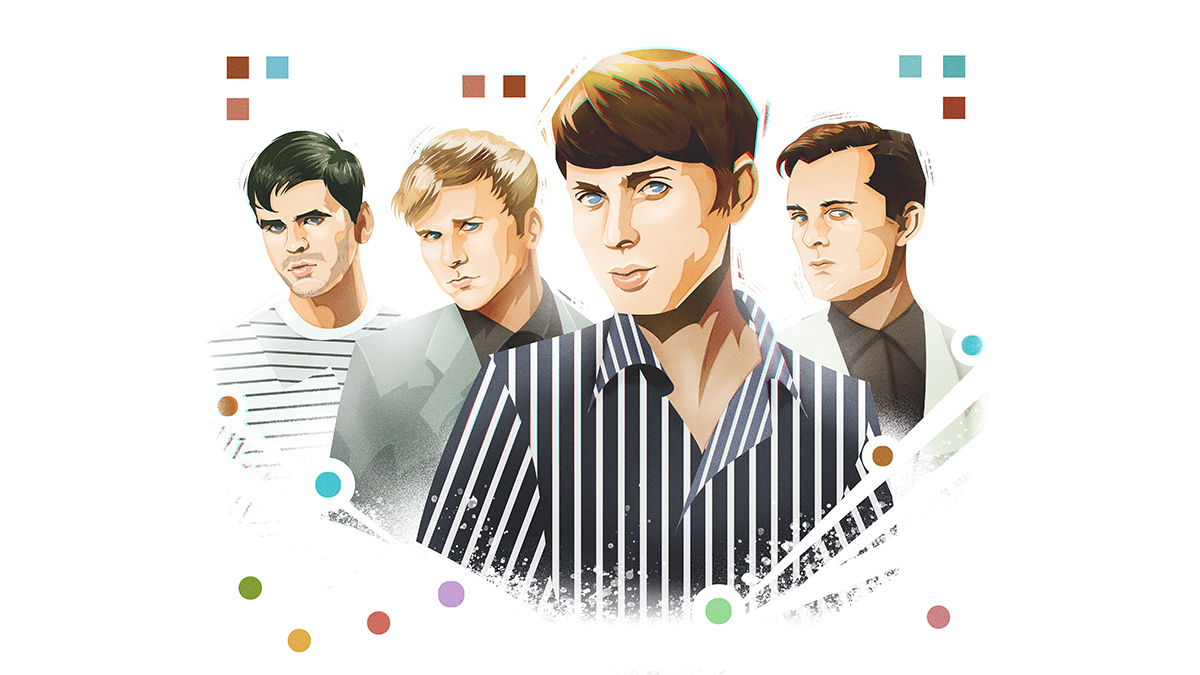
Song Exploder is a podcast where musicians take apart their songs and tell the story of how they were made, piece by piece. Why not start with this episode, which explains how Franz Ferdinand's Take Me Out was inspired by a romantic metaphor from the siege of Stalingrad.

Don't let the date put you off - these takeaways are timeless. A useful roundup and reminder of things that matter in designing education. For me, #2 is mhmm, #6 is duh and #8 is oof.

I've installed (and abandoned) dozens of sheet music and music training apps over the years. Tomplay is a thoughtful reimagining of what a digital-first sheet music experience should be like for the person playing. I can't read music (I play by ear and with chord lead sheets) but this makes me want to have another go.
About Grokkist
We're building a community of learners, educators and practitioners who are curious, creative and committed to finding and designing learning experiences that set the soul of fire. Learn more at the Grokkist website.
